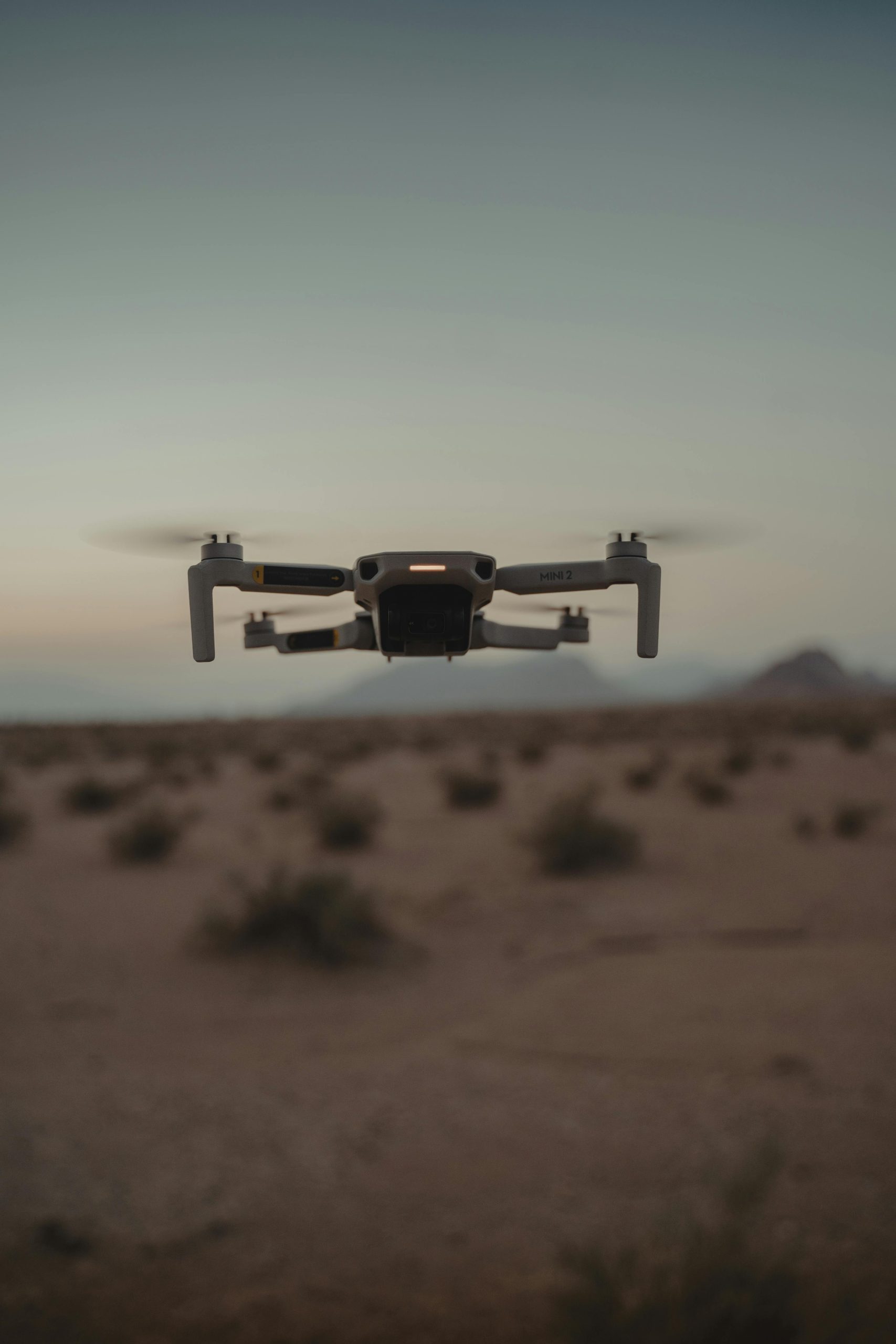Is AI a Tool for Connection or Control? A Dystopian Reflection
In recent months, I’ve found myself grappling with an unsettling notion: what if artificial intelligence isn’t designed to enhance our lives, but rather to distance and manipulate us, all while flying under the radar? As I ponder this idea, I try to dismiss it as mere paranoia—after all, orchestrating such profound manipulation would seem an insurmountable task for any group. Yet, the question lingers: could there be a hidden agenda at play, engineered by a select few pulling the strings?
This contemplation leads me to wonder if many of the conveniences we take for granted are masking a more sinister purpose beneath the surface. If there are indeed those with overarching plans for society, their ultimate goal could very well be relentless control—eliminating regulation and quashing dissent to cultivate a perfectly managed system devoid of threats to their power.
So how might such control be achieved? One plausible strategy involves diminishing the need for ordinary individuals and automating various aspects of life. Coupled with this would be a concerted effort to distract the public, so that critical questions remain unasked, and so that the machinations happening behind the scenes go unnoticed.
Enter artificial intelligence. I often ponder whether the inception of AI was genuinely for our benefit or if it’s subtly steering us closer to a reality of tighter control. We are on the brink of an era where the internet could be flooded with indistinguishable content, from AI-generated images to hyper-realistic personas, raising the question: how will we discern reality from fiction? It’s entirely plausible that our interactions online—including seemingly personal conversations—could be synthetic, devoid of genuine human connection.
As this occurs, the essence of the internet may become hollowed out. Instead of fostering meaningful relationships, it could turn into a mere portal displaying whatever narrative those in control want us to consume, promoting habitual scrolling over critical thinking. We see glimmers of this with platforms like TikTok and Instagram, where endless algorithm-driven feeds captivate our attention but stifle deeper engagement.
What does this mean for future generations? If they grow up reliant on AI for knowledge and direction, will they retain the ability to think critically? Might they become passive recipients of information, easily swayed without recognizing their own vulnerability?
Moreover, what happens when automation replaces jobs? The architects of technology would hold absolute control, while the rest of society risks becoming superfluous—consumers adrift in a purposeless existence



